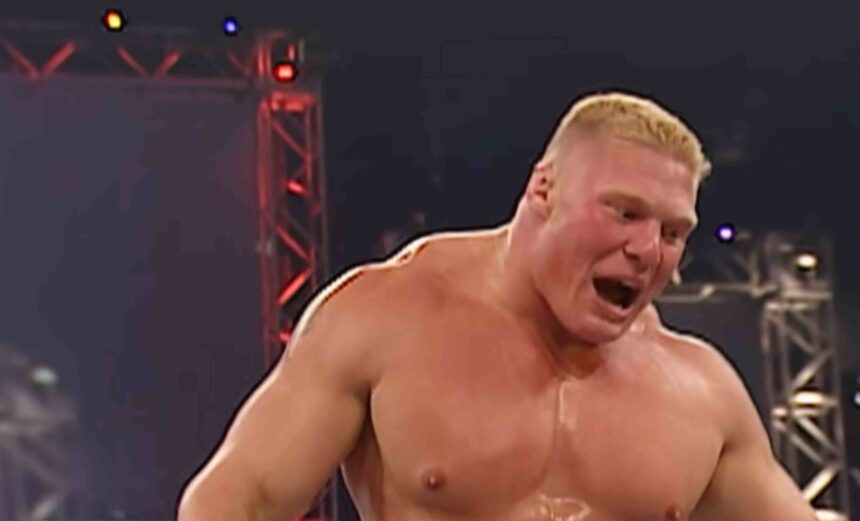Before Survivor Series became synonymous with WarGames, it was the battleground where WWE’s top brands clashed to determine supremacy. In 2017, the highly anticipated event was set to feature a showdown between WWE Champion Jinder Mahal and Universal Champion Brock Lesnar. However, that match never came to fruition. Instead, Mahal lost the WWE Championship to AJ Styles on an episode of “SmackDown” in Manchester, England, paving the way for Styles to face Lesnar at Survivor Series in a match widely regarded as the best of the night.
Rumors swirled about the sudden title switch so close to Survivor Series, with many speculating that Lesnar refused to work with Mahal. On “Insight with Chris Van Vliet,” Mahal set the record straight, addressing the widespread misinformation.
“Obviously there’s a lot of misinformation on the internet,” Mahal stated. “The headline came out, ‘Brock Lesnar refused to work with Jinder.’ I don’t think he refused. I just think it was he probably pitched for a match with AJ because stylistically, it is a much better match. Me and Brock are both heels. Who’s going to put heat on who? It was going to be a flat match. It would have just been him suplexing me a bunch of times, maybe Singh Bros get involved. But the match he had with AJ was phenomenal, no pun intended.”
Mahal emphasized that the decision likely stemmed from Lesnar and Paul Heyman suggesting a more compelling matchup with Styles, given their contrasting styles and the potential for a more dynamic and engaging contest.
“So yeah, I don’t think it was that he refused to work with me. I just think Brock has some pull and him and Paul Heyman probably said, ‘Hey, we should talk to Vince and book the match with AJ Styles.’ Which is okay,” Mahal continued.
Mahal’s comments shed light on the pragmatic considerations behind the scenes. Lesnar’s match with Styles indeed delivered, showcasing a high-octane performance that resonated with fans and critics alike. The bout was a highlight of the event, demonstrating the wisdom in opting for a match that played to both competitors’ strengths.
In retrospect, Mahal’s perspective provides a nuanced understanding of the situation. Rather than attributing the change to personal animosity or refusal, he acknowledges the strategic thinking that influenced the decision. The narrative underscores the importance of chemistry and storytelling in wrestling, elements that Lesnar and Styles capitalized on to create a memorable Survivor Series encounter.
As Mahal continues to navigate his career, his reflections on the Lesnar situation illustrate his professionalism and understanding of the business. By addressing the rumors candidly, he not only clarifies the past but also reinforces his role as a versatile and resilient performer within the wrestling industry.




